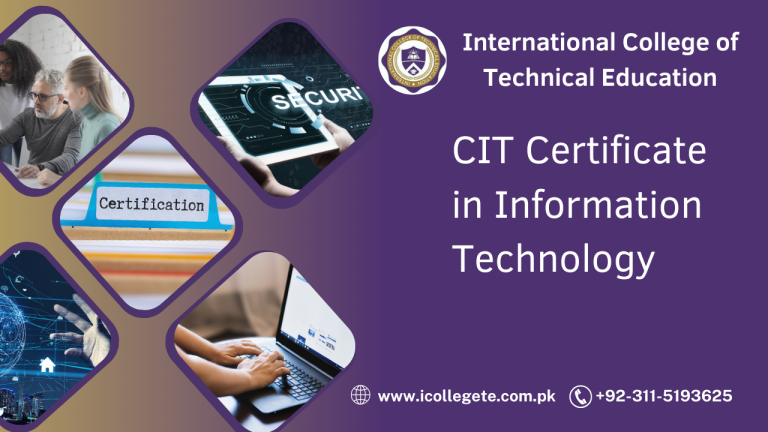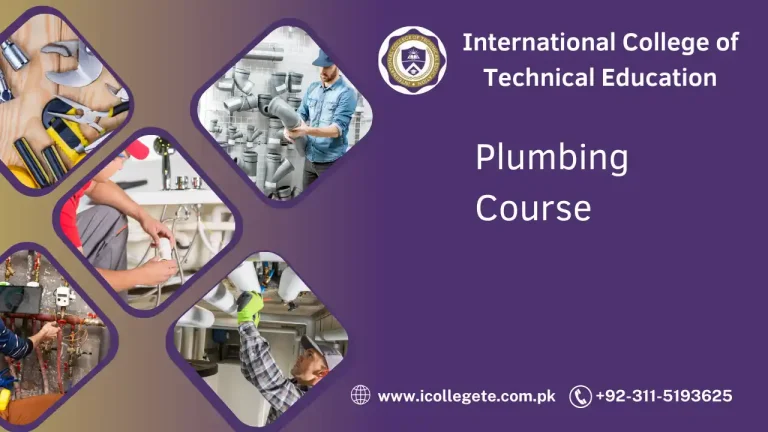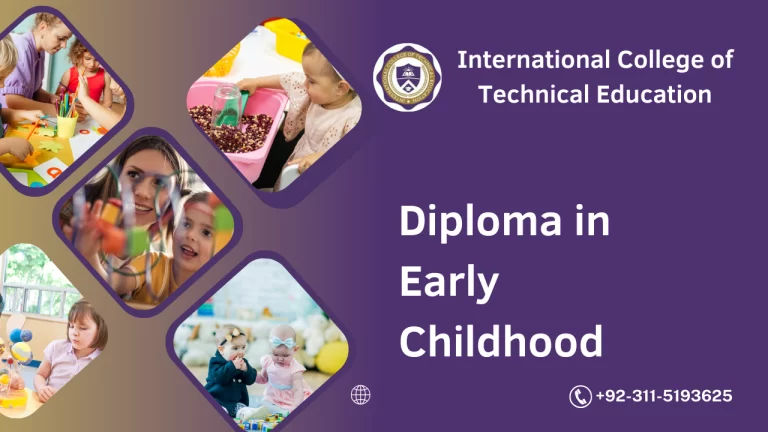Freelancing has become one of the most popular and flexible career options in recent years, offering individuals the freedom to work with clients globally while maintaining control over their schedules. Whether you’re looking to start your freelance journey or enhance your existing freelancing career, a Freelancing course in Islamabad can provide you with the essential skills and knowledge needed to succeed. In this blog, we’ll explore what you can expect from a Freelancing course, the benefits it offers, and how it can help you build a rewarding and sustainable career.
The Freelancing course in Islamabad is designed to provide individuals with the practical skills required to work as independent professionals in various fields, such as writing, graphic design, web development, digital marketing, and more. The course focuses on both the technical aspects of freelancing—like how to find clients, manage projects, and set rates—as well as the personal development aspects that contribute to freelance success, including time management, self-motivation, and communication skills.
With a growing number of companies seeking freelance professionals to work remotely, having the right knowledge and skills can give you a competitive edge in the global marketplace.
Course Overview
This course covers a wide array of topics that will help you transition into freelancing or enhance your existing freelance business. It is structured to help you understand the freelance landscape, develop essential soft and hard skills, and learn how to navigate online platforms where clients and freelancers meet. The curriculum is designed to equip you with the knowledge and confidence to manage your career independently, whether you are just starting out or are looking to expand your current freelance services.
Key Topics Covered:
- Introduction to Freelancing: Understanding the freelance industry, its potential, and what makes freelancing different from traditional jobs.
- Finding Freelance Opportunities: How to find clients and projects on platforms like Upwork, Fiverr, Freelancer, and others.
- Building a Strong Online Profile: Tips for creating an appealing and professional portfolio and profile that stands out to potential clients.
- Pricing and Negotiation: Learn how to set competitive rates and effectively negotiate with clients while ensuring your business remains profitable.
- Time and Project Management: Techniques for managing multiple projects, staying organized, and meeting deadlines.
- Client Communication: Best practices for maintaining clear communication with clients to avoid misunderstandings and ensure project success.
- Marketing Your Freelance Business: Strategies for promoting your services, building your brand, and expanding your client base.
Study Units
The Freelancing course is divided into several practical and informative study units that will help you master the different aspects of freelancing:
- Introduction to Freelancing: Explore the basics of freelancing, the pros and cons, and how to set yourself up for success.
- Creating a Strong Portfolio: Learn how to showcase your work effectively, creating a portfolio that highlights your skills and expertise.
- Freelancing Platforms: Dive into popular freelancing platforms like Upwork, Fiverr, and Freelancer, and learn how to navigate them to find the right clients and projects.
- Building Client Relationships: Understand the importance of clear and professional communication, contracts, and delivering quality work to ensure repeat business.
- Pricing and Financial Management: Develop pricing strategies for your services, understand invoicing, tax considerations, and how to manage your finances as a freelancer.
- Time Management and Work-Life Balance: Techniques for managing your time effectively, balancing work and personal life, and staying productive while working independently.
- Marketing and Branding: Learn how to create an online presence, market your freelance services, and attract clients through social media and networking.
- Dealing with Challenges in Freelancing: Learn how to handle common challenges freelancers face, such as inconsistent income, difficult clients, or self-doubt.
Learning Outcomes
By the end of the Freelancing course, students will have developed the skills necessary to succeed in the competitive world of freelancing. Some of the key learning outcomes include:
- Professional Freelancing Skills: A clear understanding of the freelance landscape and the skills needed to succeed as an independent professional.
- Effective Client Acquisition: Mastering how to find and secure clients, including strategies for creating a compelling portfolio and applying to freelance job listings.
- Project Management Skills: The ability to manage multiple projects at once, stay organized, meet deadlines, and deliver high-quality work.
- Strong Communication: The confidence and skills to communicate effectively with clients, manage expectations, and maintain professional relationships.
- Pricing and Financial Knowledge: Understanding how to set competitive rates, invoice clients, and manage your finances as a freelancer.
- Marketing and Self-Promotion: Knowing how to build and promote your personal brand, attract clients, and expand your freelance business.
Course Benefits
- Flexible Career Path: Freelancing offers flexibility in terms of work hours and location. This course helps you understand how to work from home or anywhere in the world, which is perfect for individuals seeking work-life balance.
- Diverse Career Opportunities: Freelancing is available across a variety of fields, from writing and graphic design to programming and digital marketing. This course opens doors to multiple career paths, giving you the chance to work in a field you’re passionate about.
- Build a Sustainable Income: With the right tools and strategies, freelancing can provide a reliable source of income. The course teaches you how to manage your finances, set appropriate rates, and grow your business to ensure long-term success.
- Global Client Base: The course also covers how to find international clients, allowing you to work on projects with clients from around the world and tap into a broader marketplace.
- Self-Paced Learning: Many freelancing courses offer flexible learning schedules, so you can learn at your own pace. This is perfect for individuals who may already be working or managing other commitments.
- Practical, Real-World Knowledge: You won’t just be learning theoretical concepts. The course includes hands-on activities, real-world case studies, and practical tools to set you up for freelance success.
Who is This Course For?
The Freelancing course is suitable for anyone looking to build a career or side business as a freelancer. It’s perfect for:
- Aspiring Freelancers: If you’re looking to start a freelance career, this course will provide you with the foundational skills and knowledge to get started.
- Professionals Looking to Transition: Individuals in traditional jobs who wish to transition to freelancing and work independently can gain the knowledge they need from this course.
- Entrepreneurs: Those looking to start a freelance-based business or offer freelance services can gain insights into how to successfully market and manage their business.
- Students: Students looking to earn money while studying can use freelancing as a way to gain experience and financial independence.
- Creative Individuals: Designers, writers, developers, marketers, and other creatives who want to turn their craft into a viable business.
Future Progression
After completing the Freelancing course, students have several pathways for future growth and progression:
- Expand Your Services: Once you’ve mastered the basics, you can diversify your freelancing services by learning additional skills or exploring different niches.
- Specialize in a Niche: As you gain experience, you may choose to specialize in a particular niche (e.g., web development, graphic design, content writing) to become an expert in that area and charge higher rates.
- Grow Your Client Base: With a solid foundation in client acquisition and marketing, you can expand your network and work with more clients, eventually turning freelancing into a full-time business.
- Start an Agency: Some freelancers take their businesses to the next level by hiring other freelancers, creating a small agency that can take on larger projects and clients.
- Teach Freelancing: Once you’ve established a successful freelance career, you can teach others how to become freelancers, either through coaching, online courses, or content creation.
A Freelancing course in Islamabad is a valuable investment for anyone interested in creating a career or side income in the freelance world. By learning the necessary skills for client acquisition, project management, pricing, and self-marketing, you can position yourself for long-term success. Whether you’re a creative individual, a professional looking for flexibility, or an entrepreneur seeking new opportunities, freelancing offers an exciting and dynamic career path.







